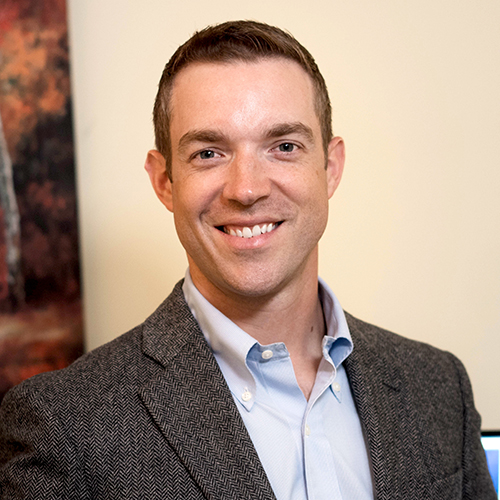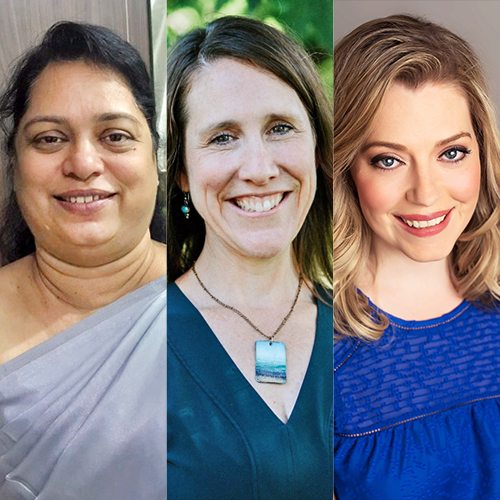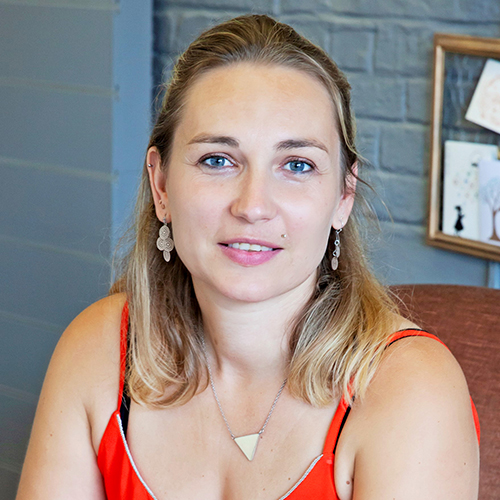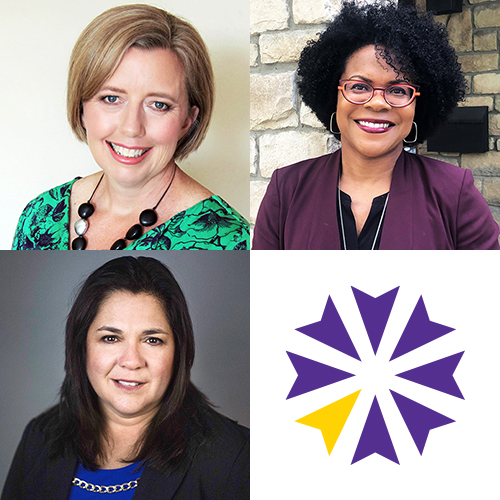 IBCLC / Lactation Consultants Online Course(s) & Continuing Education
IBCLC / Lactation Consultants Online Course(s) & Continuing Education
Access the latest clinical skills and research for IBCLC/Lactation Consultants for Tongue-tie, Lip Tie & Structure professional training. These IBCLC/Lactation Consultants online courses provide practice-changing skills and valuable perspectives from leading global experts. This IBCLC/Lactation Consultants education has been accredited for a variety of CEUs / CERPs and can be accessed on-demand, at your own pace.
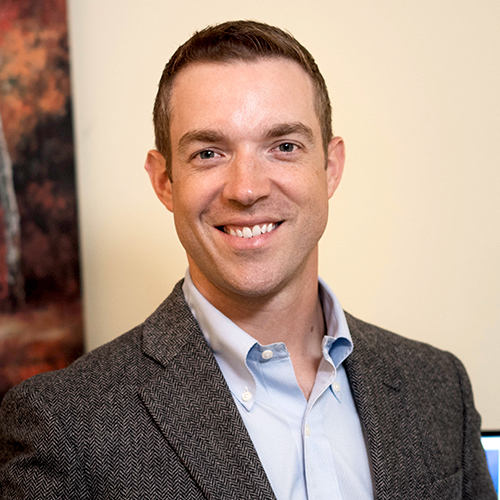

Dr. Andrew Dorough is a native of St. Louis, Missouri. He attended Westminster College in Fulton, Missouri, and graduated with a Bachelor of Science in biology. He then earned his Doctor of Chiropractic Degree from Logan College of Chiropractic in St. Louis, Missouri. He later earned a post-graduate certification from the International Chiropractic Pediatric Association (CACCP). He is qualified to deliver highly skilled and safe treatment to pregnant and postnatal patients and to neonatal and infant patients. Dr. Dorough enjoys providing collaborative care. He currently works in a family medicine clinic which boasts a breastfeeding medicine physician IBCLC, along with other IBCLCs, two nurse practitioners and a physician assistant. He assesses and treats infants with various forms of structural issues, including but not limited to cranial bone deformation (plagiocephaly), torticollis, and tongue and neck dysfunction, as related to feeding difficulties and infant well-being.
Topic: Collaborative Care With a Chiropractor for Infant Feeding Dysfunction - [View Abstract]
Evidence suggests that trauma during pregnancy, labor and delivery may be a contributing factor to soft tissue and joint restrictions that affect an infant’s inability to latch and effectively transfer milk. How can lactation and medical experts identify the signs of dysfunctional movements that contribute to feeding dysfunction? To what extent can chiropractic care, within a collaborative model, safely and effectively help to correct feeding dysfunction? This session will enable attendees to elicit a more careful history, and to notice often overlooked signs that cannot be resolved with better breastfeeding management, but rather, indicate referral to a pediatric chiropractor.
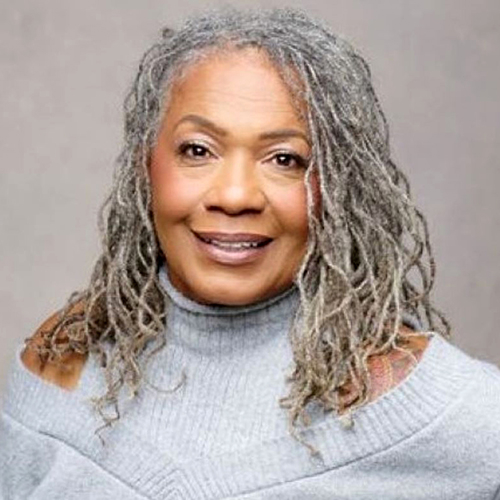

Tanya Singleton is a registered nurse with over 35 years of experience in Maternal-Child nursing. More than half of that career was as a Labor and Delivery nurse, certified in High-Risk Perinatal nursing. Tanya is also an IBCLC lactation consultant and Lamaze childbirth educator. She retired as United States Army Nurse Corp officer in 2003 and began working in private practice as a lactation consultant and childbirth educator. She has run several community non-profits in the Fredericksburg, Virginia area that dealt with issues related to women’s and children’s health promotion and illness prevention. Tanya is committed to quality education and lifelong learning, and has taught maternal-child and pediatric nursing to students in the Rappahannock Region of Virginia, sharing her various clinical anecdotes in classroom and in labs. She is an advocate for Perinatal Grief Support and early detection of post-partum depression. She is owner and proprietor of The Baby Whisperer, providing in-home support in childbirth education, breastfeeding and parenting. She is the mother of a blended family of five adult children and Nana to three.
Topic: How to be Part of the Solution: The Effects of Intergenerational Trauma on Perinatal Persons of Color - [View Abstract]
Effective communication in support of breastfeeding families requires a multi-faceted approach and must circle back to evaluate its impact on the mother, her infant, and her definition of family. All healthcare providers in this loop must recognize the importance of delivering compassionate, culturally appropriate communication which includes active listening, timely and sensitive non-verbal and verbal cueing. Written communication should be in a format that is appropriately accessible to the mother and significant others.

View Details / Enroll
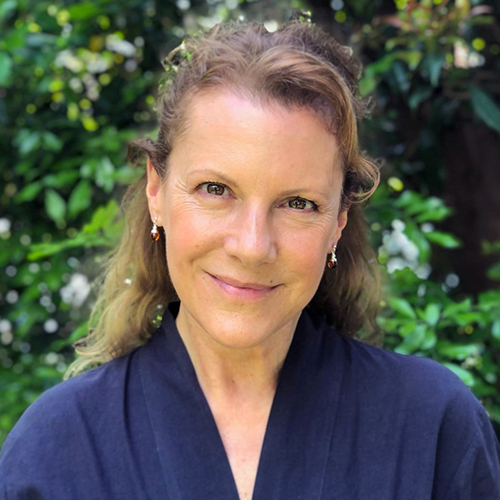

With over 25 years’ experience as a relationship counsellor, parents’ group facilitator, mental health educator, partner and mum, Elly Taylor has become an internationally known parenthood preparation and perinatal relationship expert and the award-winning author of Becoming Us. Elly’s passion is preparing parents for a happy and healthy family—at any stage in their parenthood journey, and especially in a challenging world. Her Becoming Us approach includes fathers and partners in all aspects of pregnancy, birth and beyond, harnesses the attachment bond between couples to stabilise them through the life changes and challenges of parenthood and links both parents into community services to support the mental, emotional and relational wellbeing of the whole family.
Elly has served as an advisor for numerous university research projects and her ground-breaking Becoming Us developmental framework has now become a comprehensive multi-disciplinary education and professional training and courses for parents. In a full circle moment, Elly recently trained midwives, allied health and therapy professionals in her local community and now Becoming Us Nest Building Sessions are preparing expectant parents in the hospitals where her children were born. Elly lives in Sydney, Australia with her firefighter husband, their three kidults and an abundance of pets.
Topic: Communication and Conflict - How Connection Supports Both - [View Abstract]
Topic: Including Fathers and Partners to Support Perinatal Mental Health and Marriages - [View Abstract]
Communication is the lifeblood of relationships but much more challenging than most people realise, especially during the perinatal period. The closer the relationship, the more challenging effective communication can be. Things just seem to get in the way. Feelings are hard to talk about. Effective, meaningful communication is much more than just the exchange of information. What’s your intention? What is the impact of the words you choose? What do the other person’s words, intention and impact mean for you and your relationship with them?
Communication is both an art and a science. It starts with connection. Connection facilitates communication: connection with yourself gives you the awareness, skills and confidence to say what you want to say, how you want to say it. Connection also helps you to deal with what your words evoke inside the person you’re talking with.
In this presentation you’ll discover why connected communication is so important, the barriers to achieving it, and the benefits, for yourself and others, of communication as a pathway to strengthening and deepening relationships, creating stability through change, and finding meaning and direction in the sometimes overwhelming and confusing landscape of new parenthood.

View Details / Enroll
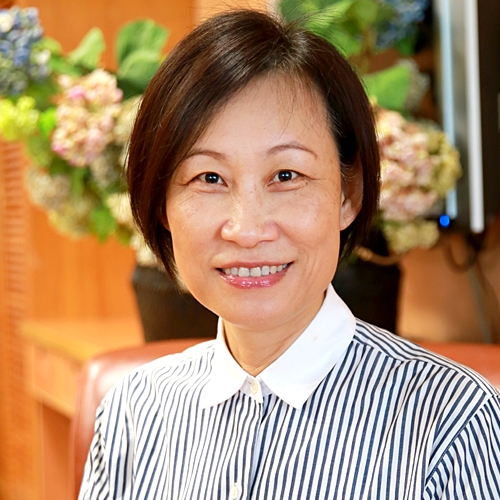
Communications/Connection and Conflict Resolution Within the Extended Family

I am the mother of three breastfed children. Certified as an IBCLC in 2007, the next year, in 2008, setup the first IBCLC clinic in the medical center in Taiwan. As the President of the Chinese Lactation Consultant Association from 2015 till now. I have been teaching in the university for 30 years and as a part-time associate professor in the Department of Midwife & Women Health, National Taipei University of Nursing and Health Science, Taiwan now. After I retired from the university, I fund and as the CEO of WELL International Co., aims to promote the three-stages certification of profession lactation support competence.
Topic: Communications/Connection and Conflict Resolution Within the Extended Family - [View Abstract]
One of the biggest differences between Eastern culture and Western culture the tight connection of family. In Eastern culture, there is a traditional culture for postpartum practice called “doing the month (DTM) ”. Including dietary taboos, lifestyle restriction, such as No hair washing, no bathing, and also parental self-regulation. This kind of confinement is very difficult for the young generation, and it causes a lot of conflicts within family. Based on affection exchange theory(AFE), by using active listening skills to accept the expressions of both parties. To praise ANY behavior whichever is nicer to the other. To facilitate the mutual experiences on positive feelings in the same living target, connecting and caring all people’s needs on-site. Acting is considered as a connector, to emphasize and to enlarge the two parties' commonality. Hence, the consensus building and the making the feasible strategies for a change are necessary.

View Details / Enroll
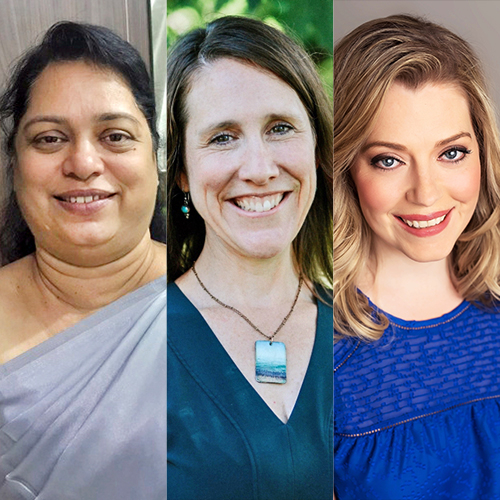

Ruth Patterson is Cloud Nine's P I O N E E R & Most Sought Lactation Specialist with 33 years of rich experience - currently practicing at Jayanagar C9, Bangalore-India and a visiting Lactation Consultant with 9 other Cloud Nine branches locally. She also heads the 24 Pan India Cloud Nine Hospitals as the Manager Lactation.
Ruth's 30+ years of rich experience includes maternity, allied health and nursing care, both in rural and urban sector in India & Abroad. Her exclusive 18 years of experience in Lactation services, she has acquired immense practical knowledge in the last decade to identify most critical disorders of mother and babies during breastfeeding stage. She is acclaimed to have expertise in a lesser-known art of re-lactation and induced lactation.
Ruth is known for her ability to identify the most critical issues in Breastfeeding and restore/re-initiate feeds. She is acclaimed for the use of Dynamic Taping (only available at Jayanagar C9) that arrests/prevents breast surgery/abscess. This Dynamic Taping practice, alongside, a Gynecologist, Pediatrician and Physiotherapist at Cloud Nine, is patented.
Ruth is a well sought out person for patient hearing and provides her expert comments in News columns/Media and also delivers guest lectures.
Allyson Wessells is a physical therapist, International Board Certified Lactation Consultant and co-owner of Nurture Columbus, in Columbus, Ohio. She completed a Bachelor’s degree in Biology from Ohio University in 1997, and Master of Physical Therapy degree from Northwestern University in 1999. After having a child in 2007, she volunteered as a La Leche League leader. She discovered a love for supporting new parents but a gap in lactation care, which led her to become an IBCLC in 2014. Her clinical approach to identifying and overcoming feeding challenges is unique with physical therapy foundations in posture, movement and reflexive function. Through presentations she endeavors to engage IBCLCs to know more about movement as related to human lactation, and PTs to learn about breastfeeding/chestfeeding as related to human development. As past-president (2019-2021) of the Ohio Lactation Consultant Association, she also advocates for equitable access to and health plan coverage for lactation care.
Meghan McMillin holds a Master’s Degree in Human Nutrition from the University of Illinois at Chicago. She has been a Registered Dietitian Nutritionist (RDN) since 2013 and became an International Board Certified Lactation Consultant (IBCLC) in 2019
Meghan spent 5 years working clinically in the NICU, pediatric floor and women’s units of a local hospital. In 2019, Meghan started her own private practice and consulting company, Mama & Sweet Pea Nutrition, with a focus on postpartum and infant care. The mama to two young kids with food allergies, helping other families manage food allergies, whether it’s while breastfeeding, during the introduction of solids, or later in childhood, is her passion.
Meghan is a member of the International Lactation Consultant Association and the United States Lactation Consultant Association. She enjoys sharing her knowledge through social media, freelance writing and public speaking. Meghan is the coauthor of the eBook What To Eat When Your Baby Can’t Tolerate Milk, Soy, or Egg Protein; Nutrition guidance for avoiding milk, soy, and/or eggs while lactating.
Meghan has presented both nationally and internationally including for GOLD learning, the National WIC Association and the Academy of Nutrition and Dietetics. In 2020, Meghan was awarded the Emerging Professional in Women's Health Award from the Women's Health Dietetic Practice Group of the Academy of Nutrition and Dietetics.
Meghan lives with her husband and two children outside of Chicago, IL. In her spare time she enjoys working out, allergen-free baking and having dance parties with her kids in the kitchen.
Creating a more connected, coordinated and collaborative healthcare experience closes gaps and promotes comprehensive parent centered care. This panel will explore the benefits, challenges and practicalities of working within a collaborative model of health care for lactation professionals We will explore topics such as how to establish relationships with other professionals, different models of collaborative care, potential barriers and what to do when there’s no one to refer to, scope of practice and liability and how to keep the parent as the director of their care.

COVID-19 Guidance for Maternal and Newborn Care: Who’s Doing What and Why

Karleen Gribble (BRurSc, PhD) is an Adjunct Associate Professor in the School of Nursing and Midwifery at Western Sydney University.
Her interests include infant and young child feeding in emergencies, marketing of breastmilk substitutes, parenting and care of maltreated children, child-caregiver and caregiver-child attachment, adoption reform, and treatment of infants and young children within the child protection, immigration detention, and criminal justice systems.
She has published research on these subjects in peer-reviewed journals, provided media commentary, contributed to government enquiries, provided expert opinion for courts, and engaged in training of health professionals, social workers, and humanitarian workers on these subjects.
Karleen is an Australian Breastfeeding Association Community Educator and Breastfeeding Counsellor. Since 2010 she has been a member of the Infant and Young Child Feeding in Emergencies Core Group and has been at the forefront of the development of policy, training and research in the area of infant and young child feeding in emergencies.
Topic: Infant and Young Child Feeding in Emergencies: Background, Best Practice, and What You Can Do - [View Abstract]
Topic: Milk Sharing: Comparative Risks and Biomedical Ethics - [View Abstract]
Where women are suspected or confirmed as having COVID-19, hospital practices have ranged from isolating infants from their mothers and proscribing the provision of expressed breastmilk to supporting mothers to have skin-to-skin with their infants, early initiation of breastfeeding, direct breastfeeding, and rooming in day and night.
This presentation will briefly summarize the evidence base for breastfeeding and close mother-infant contact in the COVID-19 pandemic. It will also describe the variance in government and professional development guidance around the world, anomalies in guidance, which guidance documents have had the most influence internationally, and provide examples of good and poor practice in guidance development. Finally, this presentation will discuss the importance of emergency planning for infant and young child feeding and the need to learn from the mistakes of the COVID-19 pandemic.

View Details / Enroll
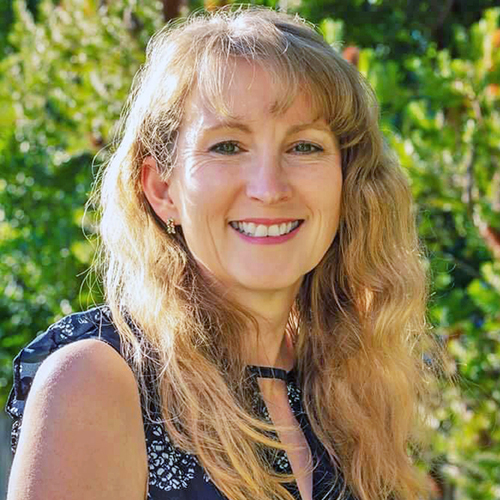
View Details / Enroll
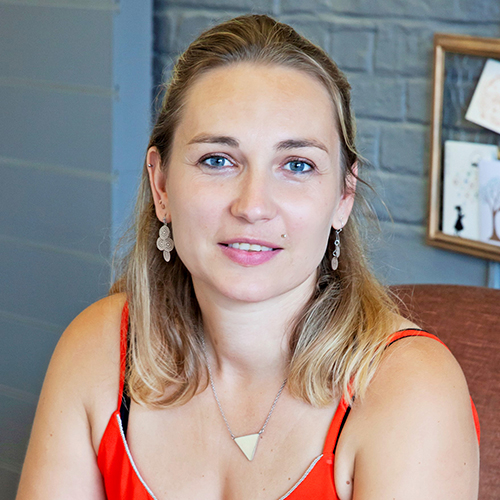

Joke graduated as a Midwife in 2006 and a Master in Midwifery in 2008. She obtained the IBCLC lactation consultant degree in 2011. She graduated in specialised applied pharmacology in 2015. She has experience as midwife and lactation consultant in her own primary care practice, lecturer at the University College Brussels, head editor of the Flemish Journal of Midwifery and board member of the Flemish Organisation of midwives and ELACTA. At the moment Joke is also a researcher on COVID-19 vaccination during lactation at the University of Brussels.
Topic: Ready-Made Educational Breastfeeding Material to Improve Parental Education and Empower Parents. - [View Abstract]
Breastfeeding parents will encounter the SARS-CoV-2 virus and may contract COVID-19. The availability of new vaccines against COVID-19 created a need for guidance about vaccination during lactation. We aim to get an insight into the effects of COVID-19 vaccines during the lactation period. This entails the safety of vaccination during lactation, the immune response in lactating women and the excretion of immunological factors in breastmilk. Not a lot is known about the transfer of immunoglobulin A (IgA) and the mechanisms by which these antibodies provide protection to the neonate via breast milk. This presentation contributes to the knowledge of SARS-COV-2 infections and the use of different vaccine-platforms during breastfeeding and will benefit the population with respect to public health. As vaccination during lactation could result in clinically relevant sIgA-titers in breastmilk and protecting the child in early life, it is of importance that women have this information to decide whether to take the vaccine.

Dealing With the Tough Ones: Counseling in Difficult Situations

Cathy Carothers is co-director of Every Mother, a non-profit organization providing lactation training for health professionals. An International Board Certified Lactation Consultant since 1996, she has provided more than 600 training events and conference presentations in every U.S. state/territory and several countries. She is past president of the International Lactation Consultant Association (ILCA), a fellow of ILCA, and past chair of the U.S. Breastfeeding Committee. She chairs the design team for the equity initiative in the lactation consultant profession, and chairs the Monetary Investment for Lactation Consultant Certification (MILCC), which works to reduce financial barriers to the IBCLC exam. She has directed several national breastfeeding promotion and support initiatives for the U.S. federal government, including the national USDA WIC peer counseling program, and national workplace support initiatives through the U.S. Department of Health and Human Services. She was honored with the 2014 National Leadership Award from the National WIC Association.
Topic: Dealing With the Tough Ones: Counseling in Difficult Situations - [View Abstract]
Topic: Making it Work: Supporting Nursing Moms at Work - [View Abstract]
Do you ever find yourself wishing you had just the right words in a difficult counseling situation? When time is limited and the pressure is on, it can be challenging to use our best counseling skills when assisting mothers with breastfeeding...especially when clients are difficult or special circumstances exist. This session will tackle some of the most common challenging situations, including interfering grandmothers, apathetic dads, resistant moms, and colleagues who do not support you. The session will also address strategies for addressing clients who do not speak your language and ways to help women feel empowered and confident they can deal with breastfeeding concerns.
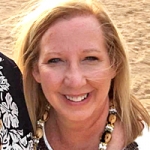
Demystifying research articles: Ten Tips for the Non-Researcher IBCLC

Glenda currently works at Duke University Hospital as an inpatient IBCLC. She has been with Duke since September 2017. Prior to working at Duke she was an Assistant Professor at the University of Louisville School of Nursing, primarily teaching the maternal newborn courses. She graduated with a BSN from the University of Louisville in 1990, a MSN from Old Dominion in 2004, and is currently a PhD candidate at the University of Louisville and will graduate May 2018. She is testing a new breastfeeding assessment instrument she created. She first became certified as an IBCLC in 1997 and took the certification exam for the 3rd time April 2017. She has worked maternal newborn, women’s health, and lactation during her 27 years as a RN. She has presented internationally (but the conference was in Louisville), nationally, and locally. She is a member of ICLA and USLCA.
Reading let alone critically analyzing a research article can be quite intimidating to a non-researcher lactation consultant. How many lactation consultants find a research only to read the abstract, introduction, and conclusion to skip over the parts of the article they do not understand? Lactation consultants must provide evidence-based, ethical care to mothers, their baby, and their family. Lactation consultants can be instrumental and part of a multi-disciplinary research team. This presentation will help demystify research articles by providing ten practical tips for the non-researcher IBCLC. Not only will the lactation consultant feel more confident about reading the research article but the presentation will offer a great review of research concepts that are included in the IBLCE exam blueprint and prepare exam candidates for the IBLCE exam.

View Details / Enroll
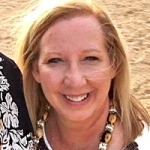
View Details / Enroll
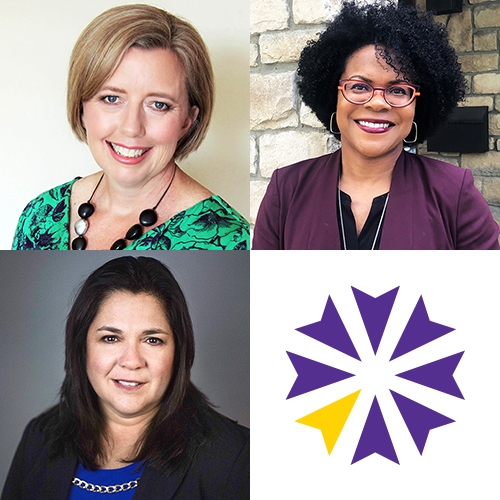

Annette Leary is a registered nurse with over 33 years of experience working in Maternal Child Health. She became an IBCLC In 1995. She works as a Maternal Educator in a large tertiary care hospital (14,000 deliveries a year) that is Magnet designated, JCAHO certified, and BFHI awarded. Her responsibilities include providing outpatient lactation virtual and in-person support, staff education, and inpatient consultations. She began her Upledger Craniosacral training in 2015, taking advanced maternal and pediatric specialty classes. Her most special efforts to date include her marriage of over 33 years, four adult children and being nana to two grandchildren.
Naomi Hull as a Registered Nurse, an International Board-Certified Lactation Consultant (IBCLC) and has a Master of Public Health (Nutrition). Naomi is mum to two teenage young adults, a Rhodesian Ridgeback and three chickens. Since 2006 Naomi has been a volunteer Breastfeeding Counsellor (Cert IV Breastfeeding Education) with the Australian Breastfeeding Association, and she qualified as an IBCLC in 2010 and has worked in a small Private Practice in Brisbane. While completing her MPH at the University of Queensland (UQ) she focused her dissertation on a qualitative review of stakeholder’s perceptions of the implementation of the Australian National Breastfeeding Strategy (2010-2015). Since then she has gone on to lead and coordinate a national team in the assessment of Australian breastfeeding policies and programs using the World Breastfeeding Trends Initiative (WBTi) Assessment Tool. Naomi is the Senior Manager for Breastfeeding Information and Research at the Australian Breastfeeding Association, where she is responsible for the provision of up to date, evidence-based information for the general community and health professionals.
Maxine Scringer-Wilkes graduated with a nursing degree followed later on by her Master of Nursing in 2017 both from the University of Calgary. Maxine was a public health nurse in Calgary for 13 years, where providing face to face contacts with new families soon after discharge is a standard of care. Most families named feeding challenges as their biggest concern. In turn, Maxine developed a passion for lactation support, worked towards and attained the International Board-Certified Lactation Consultant designation, in order to assist families to reach their feeding goals.
In 2016, Maxine made the transition from public health to acute care where she currently works in all areas of a large Children’s hospital to support dyads with a myriad of lactation concerns but is primarily in the NICU. Maxine’s responsibilities includes orienting new staff to teaching a provincial lactation education within a team. Maxine is passionate about sharing knowledge with aspiring LCs and is a mentor to many. Maxine participates on numerous committees to update lactation and feeding policies, procedures and documents. Furthermore, she volunteers on provincial and national breastfeeding committees.
The past decade has seen a marked increase in telehealth. Lactation support in a virtual format had been slowly increasing virtual access to care prior to COVID-19. As the pandemic started, in a matter of weeks, it became necessary to embark on virtual care for the majority of lactation support and care providers were forced to adapt to a new method of care. This sudden change has highlighted both the benefits and drawbacks of virtual lactation support. The learning curve continues and this panel has been designed to explore the lessons, the triumphs, the challenges, and the future needs for virtual lactation care.

View Details / Enroll



